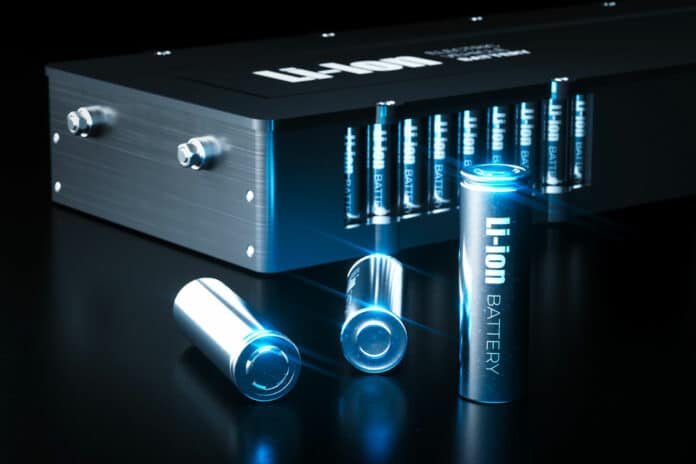Lithium-ion batteries have become a crucial component of the energy transition as the world moves towards renewable energy sources and away from fossil fuels. However, the production of these batteries requires the mining and transportation of lithium, a process that typically relies on fossil fuels and generates carbon emissions.
BASF, a global chemical producer, is taking steps towards reducing the carbon impact of lithium-ion batteries, which are in high demand. The company has partnered with Nanotech Energy, a Los Angeles-based energy products company, to significantly reduce the CO2 footprint of Nanotech’s lithium-ion batteries for the North American market.
BASF is currently producing cathode active materials from recycled metals in Battle Creek, Michigan, for usage in Nanotech Energy’s lithium-ion battery cells. The approach is expected to reduce the CO2 impact of batteries by about 25% compared to the use of primary metals from mines.
The two companies will also partner with American Battery Technology Company (ABTC), a lithium-ion battery recycling company in Reno, Nevada, and TODA Advanced Materials Inc. (TODA), with decades of experience in manufacturing specialized pCAM (precursor for Cathode Active Material) and metal hydroxide material located in Ontario, Canada. These tie-ups will establish a localized battery value chain for the North American consumer electronics and automotive industries.
Along that chain, battery scrap and off-spec material from Nanotech’s pilot operation, as well as from its planned commercial facility, will be recycled by ABTC. The recovered battery-grade metals, such as nickel, cobalt, manganese, and lithium, will be used by TODA and BASF to produce new precursors and cathode active materials, respectively. Nanotech will then use these materials again in its battery cell production – completing the circular chain.
BASF says it has already been providing recycling services and cathode active material based on recycled metals as a closed-loop solution in Asia for years.
“Our partnership with Nanotech, ABTC, and TODA marks an important step for BASF’s global battery recycling business. Now, we are establishing the first closed-loop system in North America. This enables BASF and Nanotech to produce lithium-ion batteries with locally recycled content,” Daniel Schönfelder, Senior Vice President of Battery Base Metals and Recycling at BASF, summarized.
